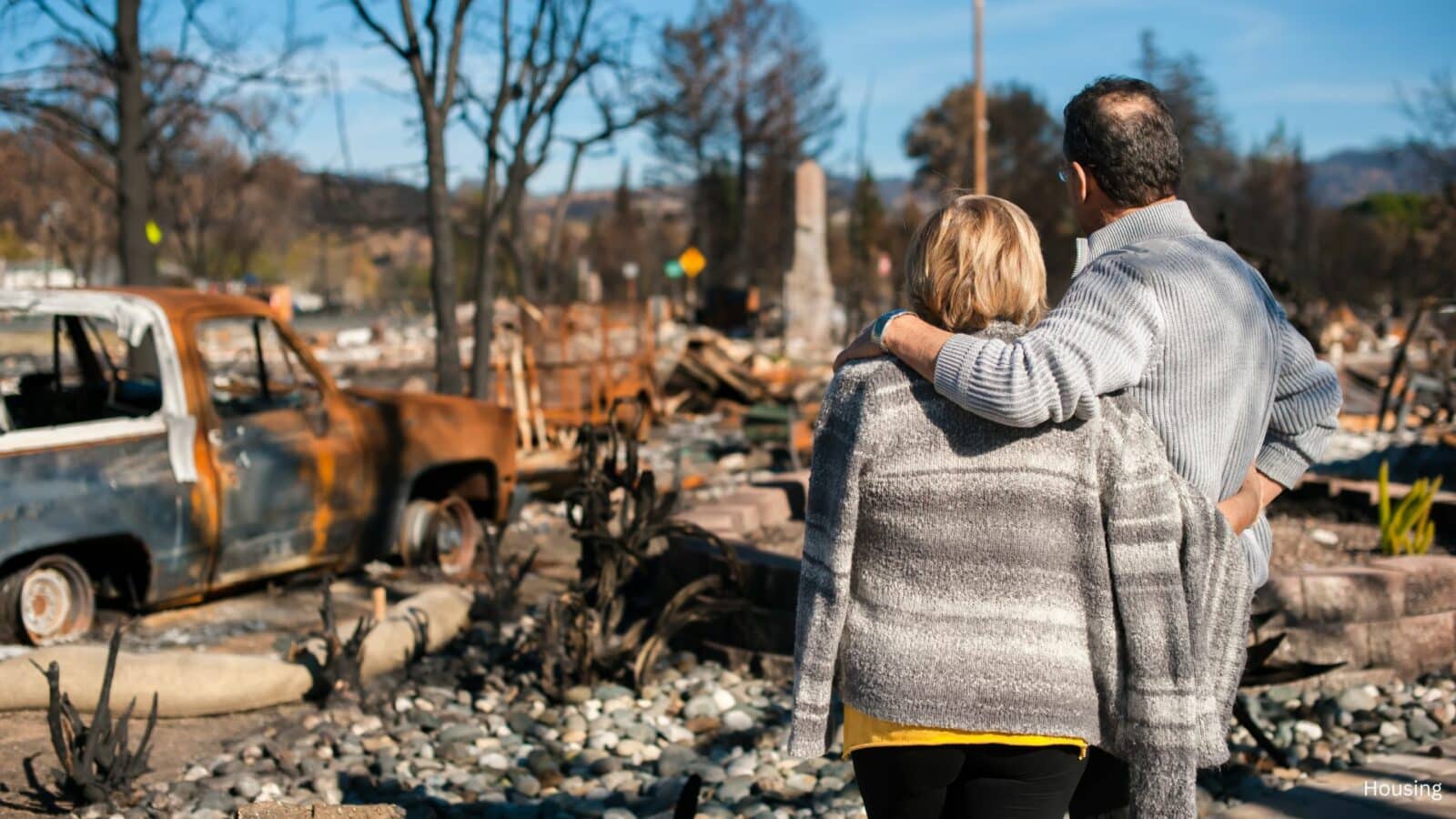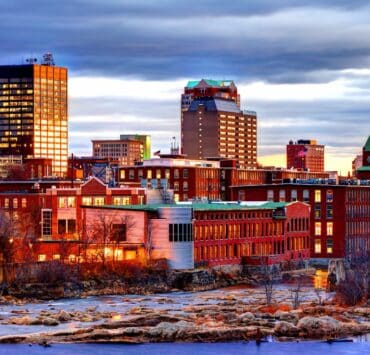As climate change continues to shape our environment, climate-conscious homebuyers are becoming more deliberate in their housing decisions. Today’s buyers are not only factoring in mortgage rates and property values, but they are also considering the potential long-term effects of climate risks on their future homes. Whether it’s wildfires, floods, or air quality concerns, climate-conscious homebuyers must evaluate various environmental factors before making a purchase. In this article, we explore the essential considerations for buyers looking to make sustainable, climate-conscious decisions in their home search.

Top Considerations for Climate-Conscious Homebuyers
1. Assessing Natural Disaster Risks
For climate-conscious homebuyers, understanding the natural disaster risks associated with a property is crucial. Tools like First Street and Redfin offer climate risk scores that evaluate a home’s vulnerability to floods, fires, and other environmental hazards. These scores help buyers assess potential threats and determine whether a home is suitable for their needs. Government resources like flood and fire maps can also provide valuable insights. Considering these risks can help buyers avoid costly repairs and safeguard their investment.
2. Financial Implications of Climate Risks
Climate-related risks can significantly impact not only the structure of your home but also your finances. Climate-conscious homebuyers should be prepared for higher insurance premiums if their property is located in a high-risk area. In regions prone to extreme weather events, such as hurricanes or wildfires, home insurance costs may skyrocket. Furthermore, the expenses associated with safeguarding your home—whether through fireproofing, flood barriers, or advanced air filtration systems—must be factored into your budget. As natural disasters become more frequent, these costs are likely to increase.
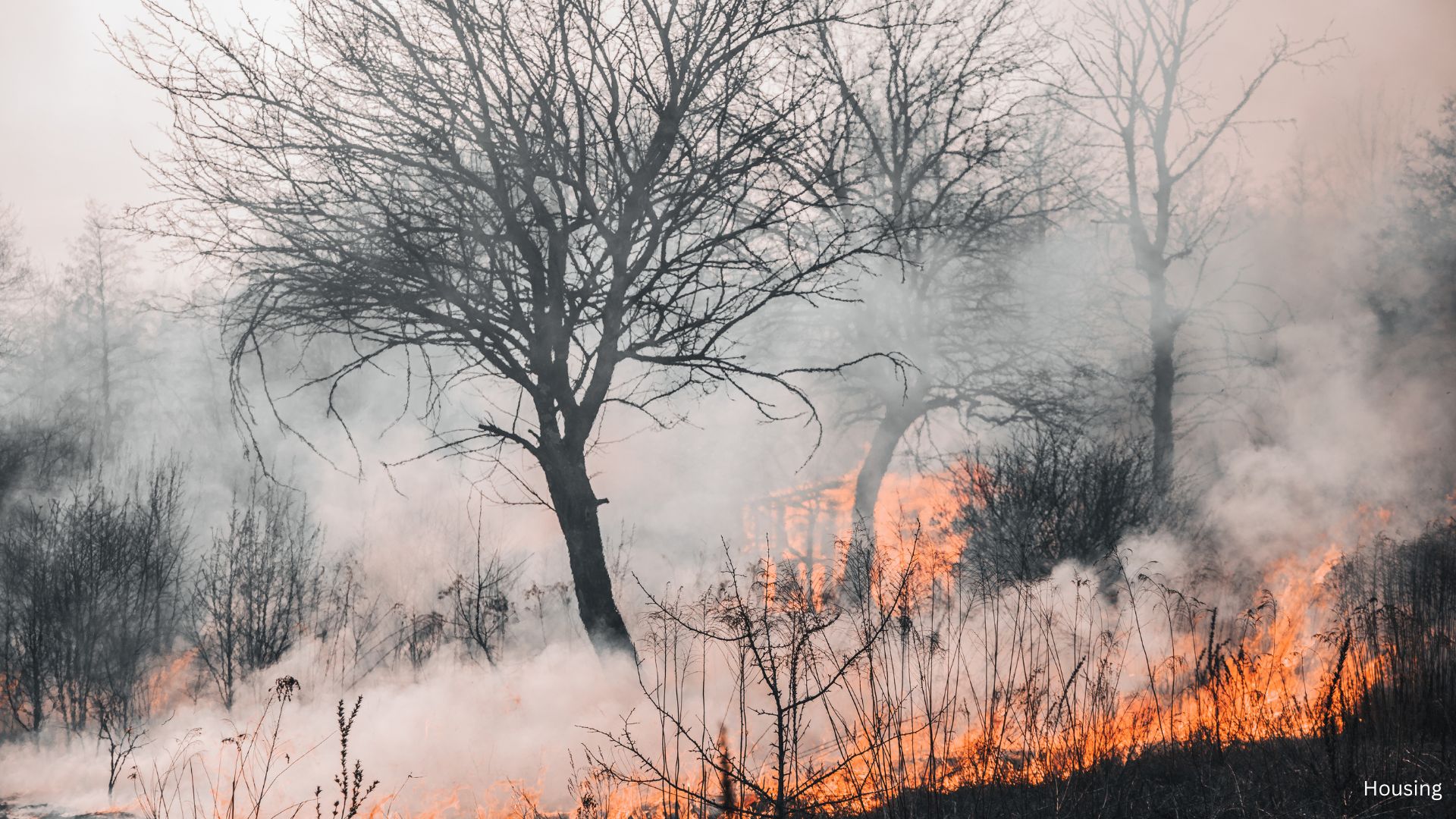
3. Safeguarding Your Home Against Environmental Threats
Taking proactive steps to protect your home from environmental hazards is an essential part of being a climate-conscious homebuyer. Homes can be equipped with metal roofs to reduce wildfire damage or enhanced landscaping to divert floodwaters. Air quality can be improved with advanced filtration systems and energy-efficient windows, while heat-resistant materials can prevent damage during heatwaves. However, these upgrades come with upfront costs that need to be considered during the home-buying process.
4. Long-Term Climate Considerations
Climate risks aren’t static—they change over time. Climate-conscious homebuyers must think long-term and assess how the climate has evolved in a given location over the past few decades. For example, what was once a low-risk area for flooding may now face increased vulnerability due to rising sea levels. Similarly, home insurance premiums in high-risk areas are likely to increase over the years. As a result, buyers should ensure that future climate risks and their associated costs will remain manageable in the long run.
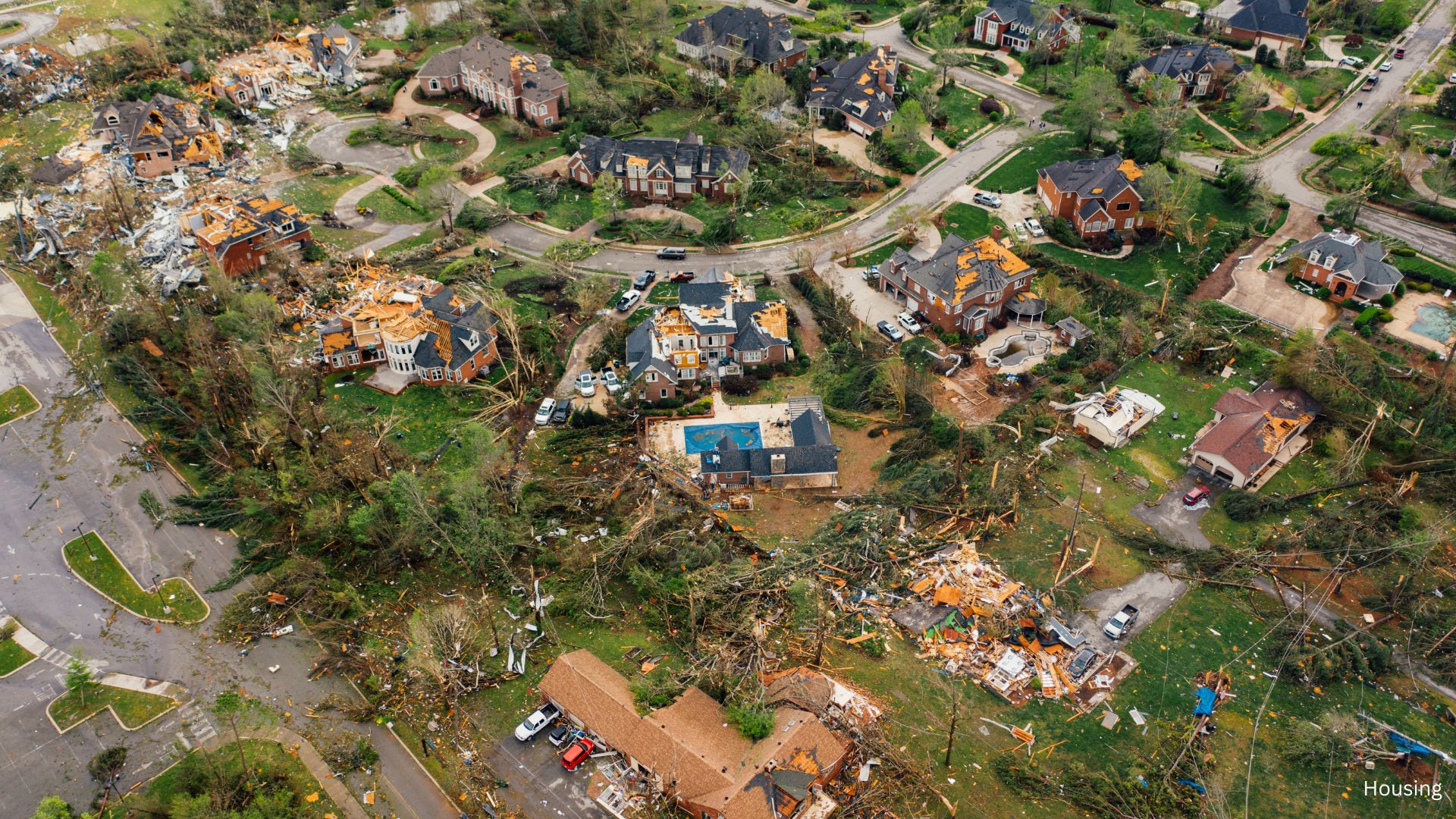
5. Rising Costs for Renters
Even if you’re renting, climate risks can indirectly affect your financial stability. Climate-conscious homebuyers who are considering investment properties or rentals should keep in mind that property owners often pass on environmental protection costs to tenants through rent increases. In areas prone to natural disasters, rents may rise as property owners invest in infrastructure to mitigate risks. Therefore, it’s wise to assess both rental rates and climate risks when choosing a property.
6. Climate Migration and Property Prices
As certain regions become less habitable due to climate change, climate-conscious homebuyers should anticipate shifts in property values. Areas with lower climate risks, like cities with cooler climates, may experience rising home prices as more people seek refuge from hotter, disaster-prone regions. On the other hand, homes in high-risk areas may see a decline in value as demand wanes. Buyers should evaluate climate migration trends when selecting a home to ensure they are making a sound investment.
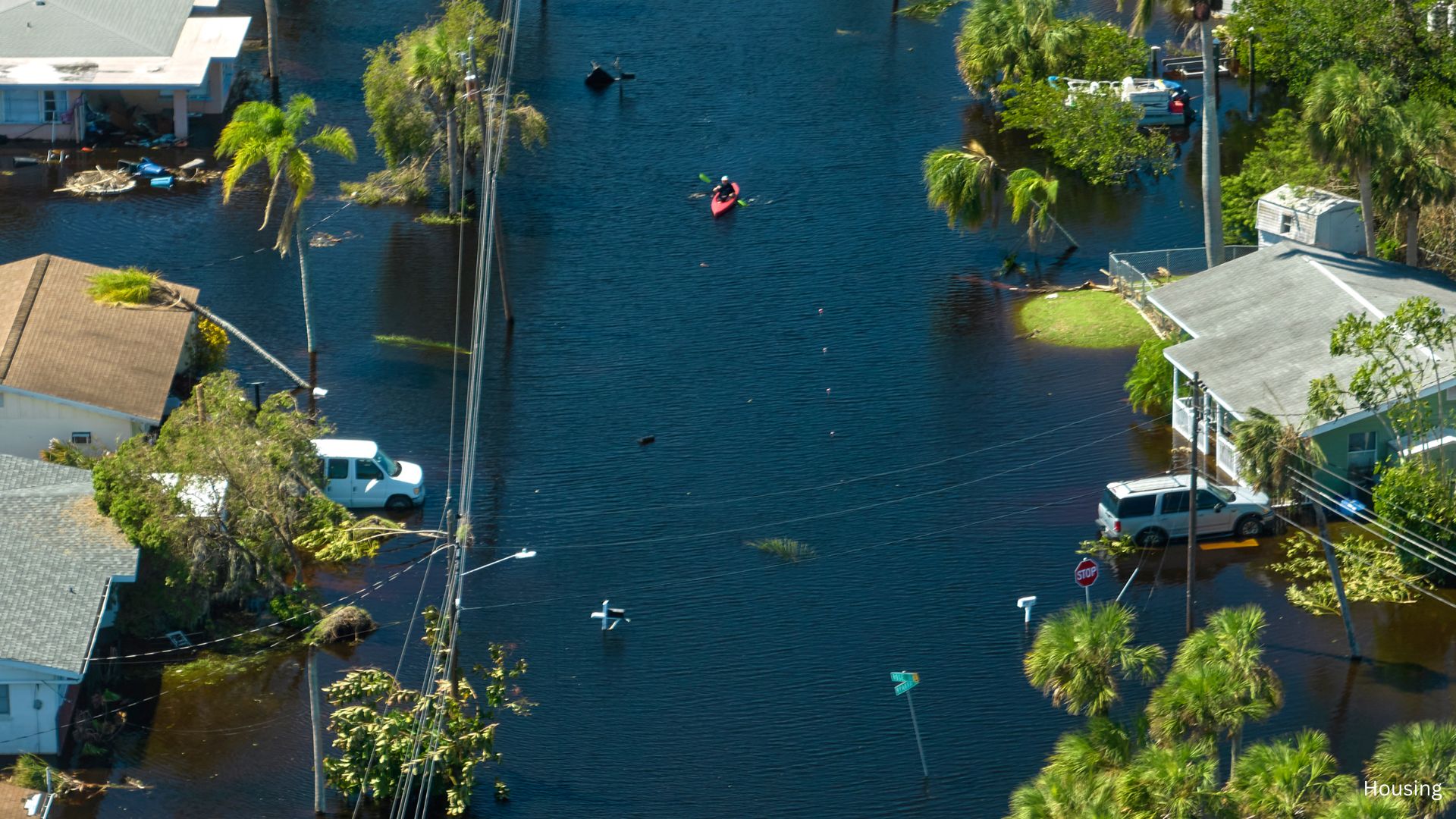
7. Local Government Actions
Local government initiatives play a pivotal role in protecting properties from future climate risks. Climate-conscious homebuyers should investigate the measures being taken by local authorities to guard against natural disasters. Are they investing in levees, sea walls, or wildfire prevention efforts? These investments can significantly reduce the potential risks to homes and increase the likelihood of long-term stability in the area.

For climate-conscious homebuyers, purchasing a home involves more than just finding the perfect location or securing a good mortgage rate. It requires careful evaluation of climate risks, long-term financial considerations, and the protective measures taken by both homeowners and local governments. By assessing these factors, buyers can make informed decisions that align with their environmental values and ensure the safety and sustainability of their future homes. To read more about considerations for climate-conscious homebuyers, visit Redfin’s article on 7 Considerations for Climate-Conscious House Hunters.
